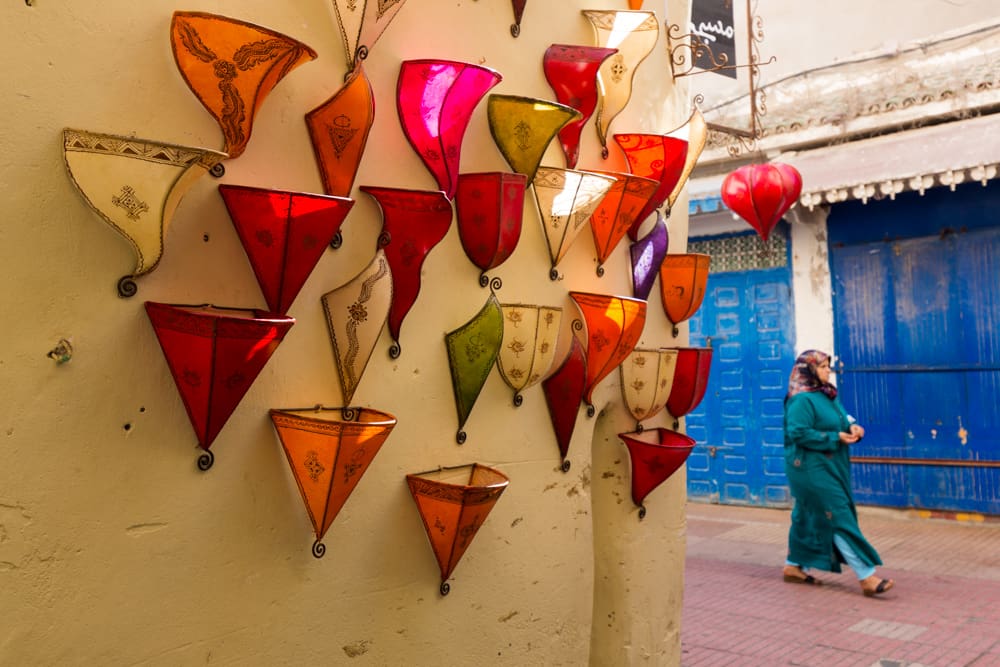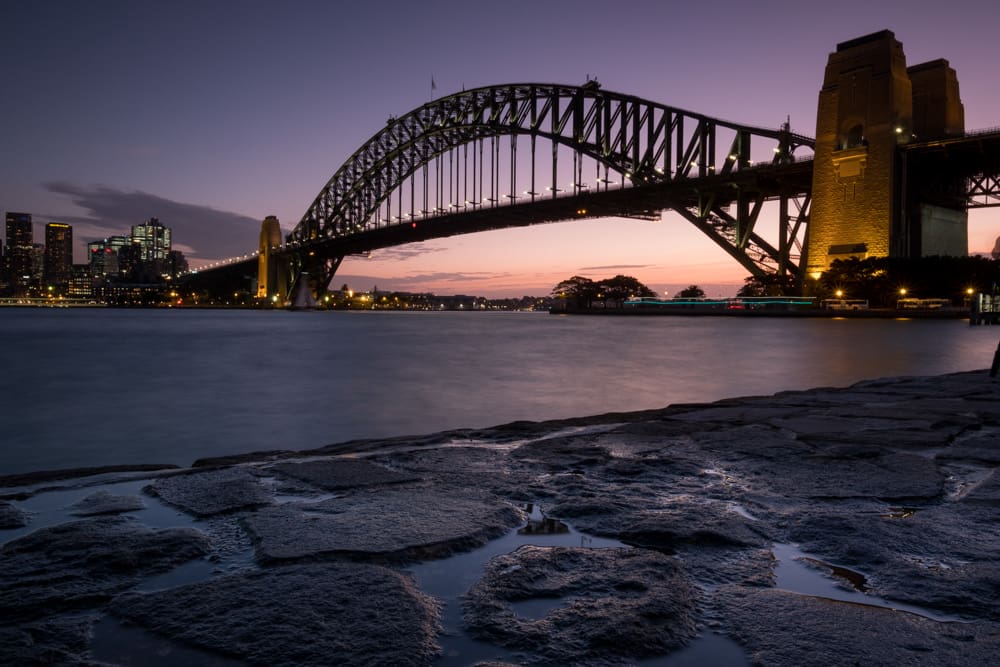It’s a natural inclination of an aspiring photographer to dream about someday becoming a professional. If you enjoy doing something, why not get paid to do it! Like many other activities there will always be a desire to participate at the highest of levels. In photography, the highest of levels is the very ambiguous term: “professional photographer.” Right now, do you consider yourself a professional photographer or a personal photographer?
For many activities, the professional level is where the action is. It’s where the top performers will be, where the attention is, and where the money will be. It’s only natural that photographers would follow this line of thinking. However, the pursuit of achieving professional status results in a number of trade-offs that leaves in question whether being professional is the best place to be.

What is “professional”?
Defining what is meant by the words “professional photographer” will be difficult because there isn’t a universally accepted legal definition for it. The classic definition of professional photographer would be: one who makes a living taking photos. This may sound clear cut, but there is a very large gray area where vigorous debates are sure to ensue. Let’s start by separating the two aspects of the word professional. It can mean your profession (paid occupation) or your level of expertise.
The profession of photography
If you get paid to take photos, you’re probably a professional photographer, but not necessarily. Imagine a successful real-estate agent that shoots their own photos for their listings. Some of you may imagine a top quality architectural photographer that also happens to work as a real-estate agent. Others may imagine an agent that specializes in raw land development who’s primary photographic tool is their phone. In the second example the criteria is met for being professional, but it doesn’t speak to quality in any way. So it’s possible to be classified as a professional, but the work produced won’t necessarily meet most people’s criteria for professional quality photos.

Professional quality
Defining professional quality in terms of a photograph will prove to be just as ambiguous. Most of us have a sense of quality that will be associated with a professional photograph. If we believe that a photo could be sold or published, that would convince many that it is of professional quality. Just for fun, look up the 10 most expensive photos ever sold. What you will likely see is that there is a disconnect between what sells and what you previously considered professional quality, especially in the fine art world. Anyone who sells images in stock photography knows that quality and sales are not a match. The industry is rife with photographers that have frustrating stories of their greatest photos selling only a few copies, while their best selling photo is one of a stop sign from the end of their street.
Professional Photography
Having spoken to many photographers over the years, I’ve tried to ask as many as I could “how much of your time is spent taking photos?” The typical answer usually ranges between 10% and 20%. So in the typical week of a professional photographer, one day a week, at best, is spent photographing. The other four days are spent on all the other activities that keep the business alive.
The successful professional photographers that I have come to know generally have a deep passion for photography. But they all seem to know that they need to focus most of their time on the “other” stuff, in order to do the “fun” stuff. When you have a successful business in photography, you focus first on the business and secondarily on the photography. I’ve always maintained that if you wanted to become a professional photographer you should go to university and get a degree in business, and a minor in photography.
The primary benefit of being a professional, is that you have a clear motivation to get out there and shoot. The consequence of having assignments, jobs and projects, is that there is a demand to get the job done and that pressure forces creativity on a photographer. That forced learning almost always results in an increased skill level.

Personal Photography
Many of the happiest, most relaxed and best photographers I’ve met are ones who did it simply because they enjoyed it for what it is. Once the pressure of photographing to pay the bills is taken away, there is an opportunity for creative freedom. In this world, the pursuit of photography is on whatever terms you want. Go as fast or slow as you desire.
The greatest benefit of personal photography is also its greatest drawback. Without the pressure to create, the question of why am I doing this begs to be answered. Photographing without a goal can be demoralizing, much like a boat aimlessly drifting in the winds.
For many the only goal that makes sense is the pursuit of a professional career. This touches on a larger problem in society – the one that says that, if you can make money doing it, you should. And I believe this idea is just plain wrong. Just because there is an avenue to make a buck, doesn’t mean that that is the right choice for you. Hiking, skiing, painting, gardening, and traveling are all activities that you could build a business around, but that doesn’t make it a more enjoyable activity for you.

If you are a professional photographer, first off – congratulations. You are in a position to experience and learn a lot with whatever you do. Hone your skills and use your creativity as diversely as you can. Keep at it as long as it makes you happy, and pays the bills.
For those of you who aren’t professionals, not to worry, there’s a world of opportunity awaiting you. The misguided goal of going pro stems from a lack of examples of what can be done in the non-professional world. There is nothing wrong with pursuing an activity that makes you happy. There are many things that you can do and places you can go, without being a professional photographer.
I believe that photography is a mind/body exercise that can be used in countless ways. The combination of technical understanding and creative thinking, works both sides of our brain. Exploring the world with our eyes leads us in new directions and forces us to contemplate a variety of problems. The problem solving required to get the great shots are valuable real life lessons that are not taught in schools.
If you’re not a professional, revel in your freedom. Find a project, a series of projects, or a long term goal and set yourself on a journey. You may never need to leave your home, your city or your country to have an insightful and fulfilling experience. You are only limited by your imagination.
Inspire Others
I know many of you have personal stories of how you’ve pursued your “non-professional” journey in photography. Share it below in the comments and inspire others to find their own paths.
Become part of John’s inner circle
Sign up for the newsletter here – it’s free.
Want to become a better photographer?
Check out John’s selection of photography and camera classes here.




